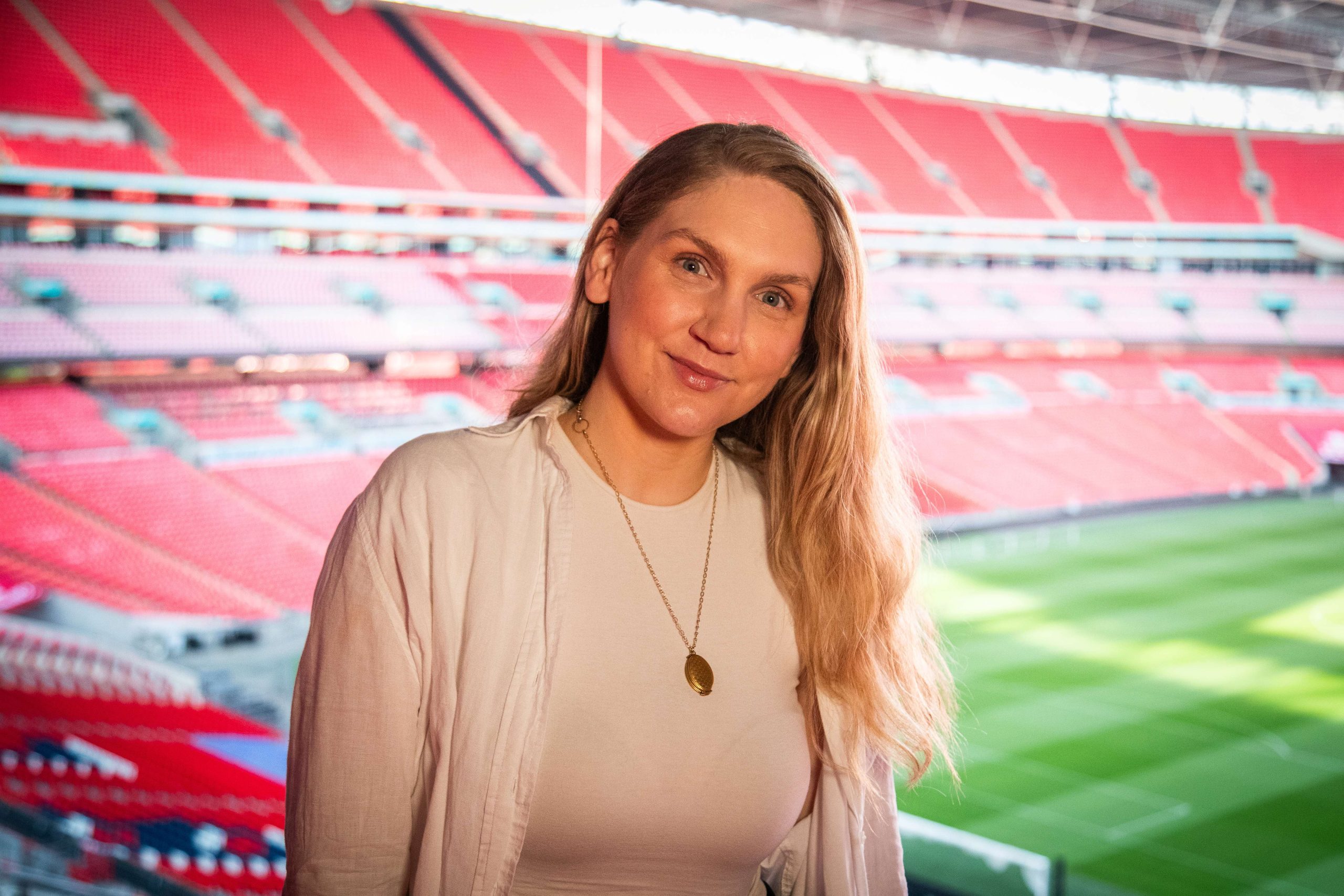What is a Youth Development Phase Football Coach?

In youth football, academies and grassroots foundations often divide the age groups into three phases: Foundation, Youth Development, and Professional Development.
Having learned what a Foundation Phase coach is, GIS has spoken to a coach working with Youth Development Phase players to help aspiring youth football coaches learn more about the role and the differences between phases.
Connor Cox is a coach at the Russell Martin Foundation. Founded by the former Southampton and current Rangers head coach, the foundation is a large-scale charitable organisation that provides children with high-quality coaching, as well as a focus on educational support and running various wellbeing programmes.
The Foundation Phase includes players aged 5-11, while the Youth Development Phase coaches players from 12-16.
Speaking to GIS, Connor first explained the main differences between the two phases.
“The Foundation Phase focuses a lot on technical practices, with lots of time and touches on the ball, smaller-sided activities, and lots of 1v1 work,” he said.
“The Youth Development Phase is focused more on a bigger picture. 11-a-side format, improving tactical awareness and game understanding, and teaching them how to look after their bodies via nutrition, recovery and managing load.”
As well as the off-the-pitch emphasis, Connor’s coaching also starts preparing players to be more tactically aware.
“For me there is a lot of work on pattern play via the goalkeeper.
“I also want the group to be tactically adaptable, to be able to vary how we act off the ball depending on who we’re against and how the game is going,” he continued.
“Finding triggers to press on, discovering when it’s best to sit in shape, or when teams can be pounced upon with a higher press.
“On the ball, it’s about being understanding in build, but then being creative in the final third.”
Working in a foundation rather than an academy setting, Connor then explained the end goal of his coaching, and whether it leans towards encouraging enjoyment and participation, or preparing the players for academy trials.
“It’s a mixture of both,” he said. “Understandably, not every child will be able to make it to academies, but it’s facilitating them to give them the best opportunity to. Everyone’s rate of development is different.”
In the words of Russell Martin, a primary aim of the Russell Martin Foundation is for the players to “Be themselves all the time, because authenticity is robbed from a very young age, at schools, in coaching. It’s the hardest thing in the world to be yourself.”
This ethos carries through to the coaches, with Connor emphasising that “my job as a coach is to push them to improve on and off the pitch as much as possible.”
Connor then provided some advice for students who aim to coach in this phase in the future.
“It’s easy to be nervous, but also understand that the players have to impress you, not the other way around.
“Speak with confidence, honesty and authority and you’ll earn their trust and respect. Saying one thing and doing another will lose respect from the team.”
The Youth Development Phase is a crucial period for any young player, and for coaches, it’s a chance to help improve players both on and off the pitch.
If you’re a passionate, aspiring football coach, explore our football coaching courses to learn how to become a youth football coach and take your first step in the game.
To discover more, click here.
Article by Zakaria Anani
You may also be interested in
Our Partners
















